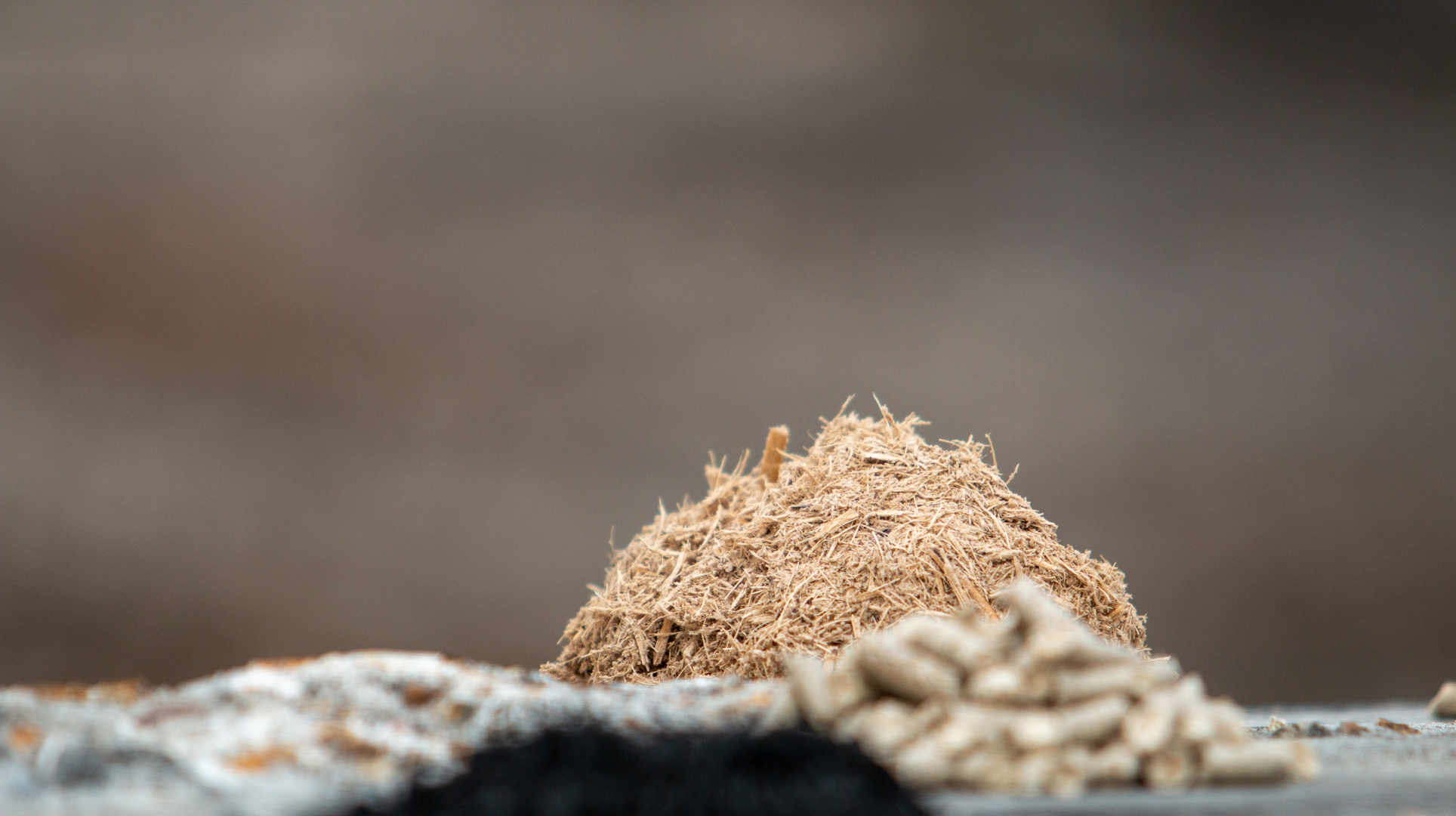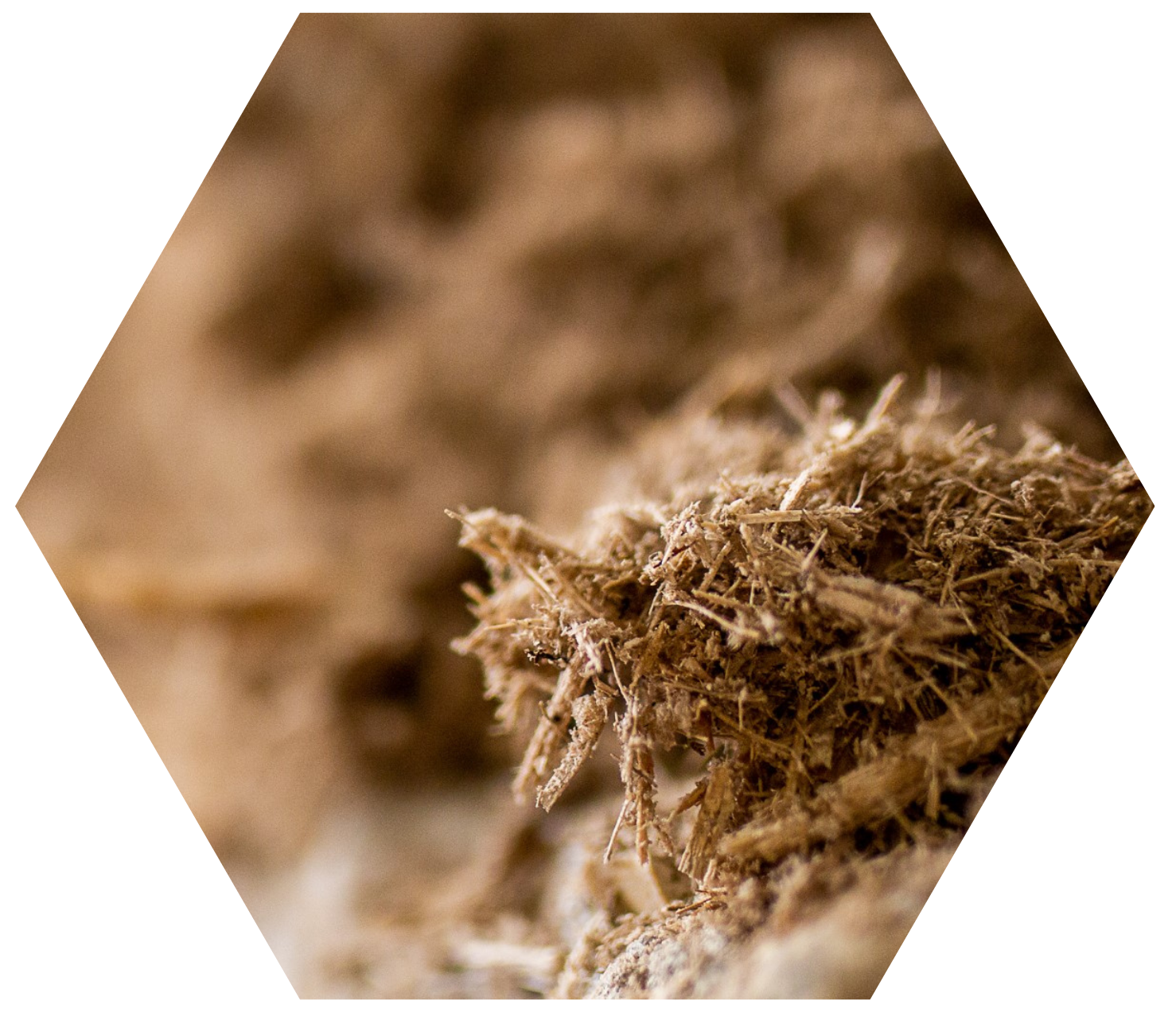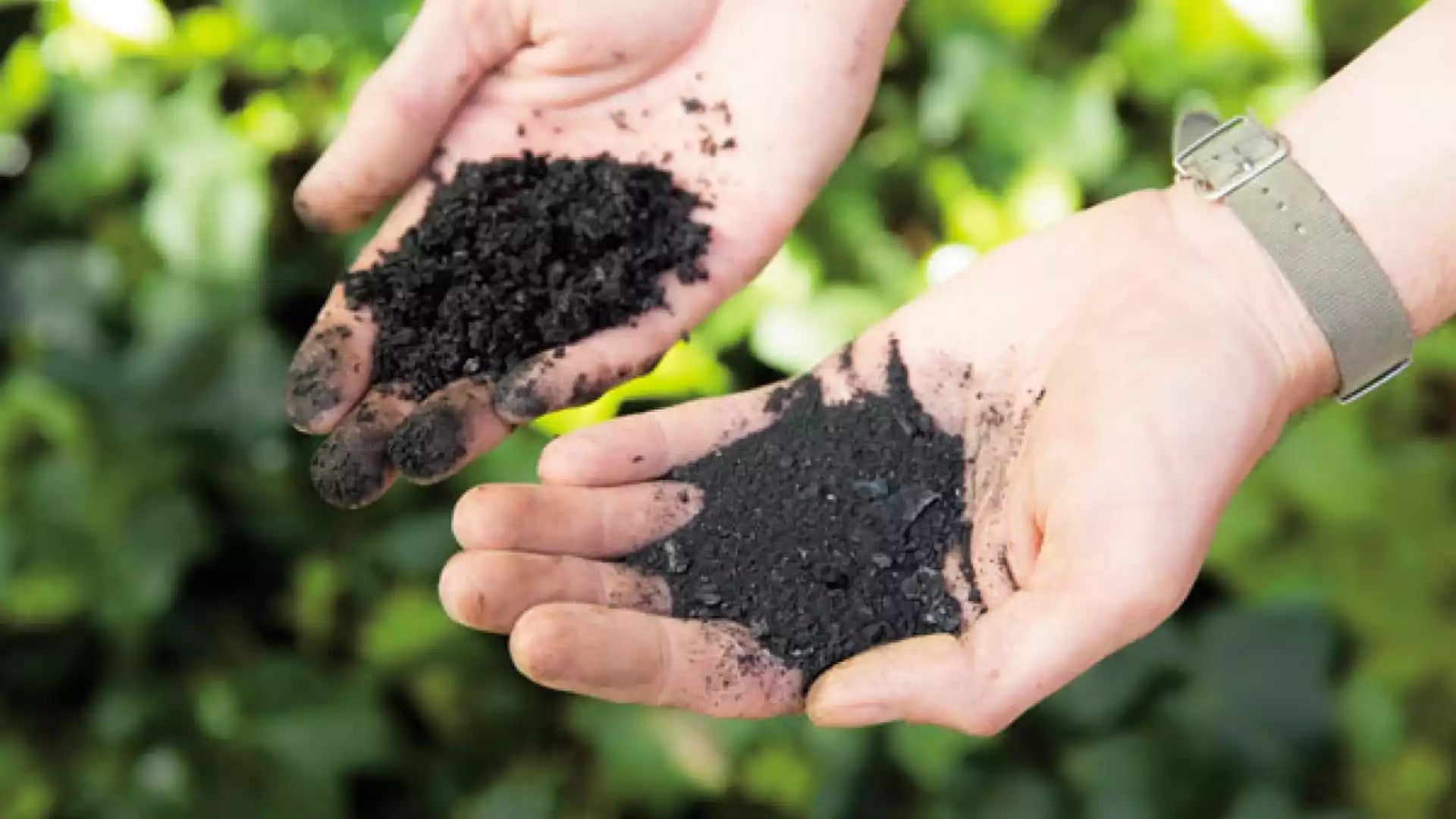
WHY BAGASSE?
UNIQUE PROPERTIES BRING SUPERIOR RESULTS

Different Structure
Better Results
Nothing goes to waste when American BioCarbon uses bagasse, which is the leftover biomass from the production of sugar. The unique honeycomb carbon structure of bagasse makes it superior to wood-based products on the market. The porous elements within bagasse biochar provide exceptional results when used in agricultural applications.
Attributes of bagasse include:
- Highly absorbent: the structure of bagasse makes it excellent at absorbing liquid. American BioCarbon's pellets absorb five times their weight in water.
- Truly renewable: bagasse fuel pellets have lower lifecycle carbon emissions than wood pellets, with no deforestation.
- Sequesters carbon: agricultural biochar made from bagasse permanently captures carbon in the soil.
- Readily available: each year, 10 million tons of bagasse are generated in the U.S. alone. Most of this material goes unused, causing environmental and financial liability. American BioCarbon aims to change that.
Microscope Imaging

Carbonized Wood (above) vs. Bagasse (below)


Interested in Getting Involved?
Contact us to discuss product sales and co-location opportunities.
